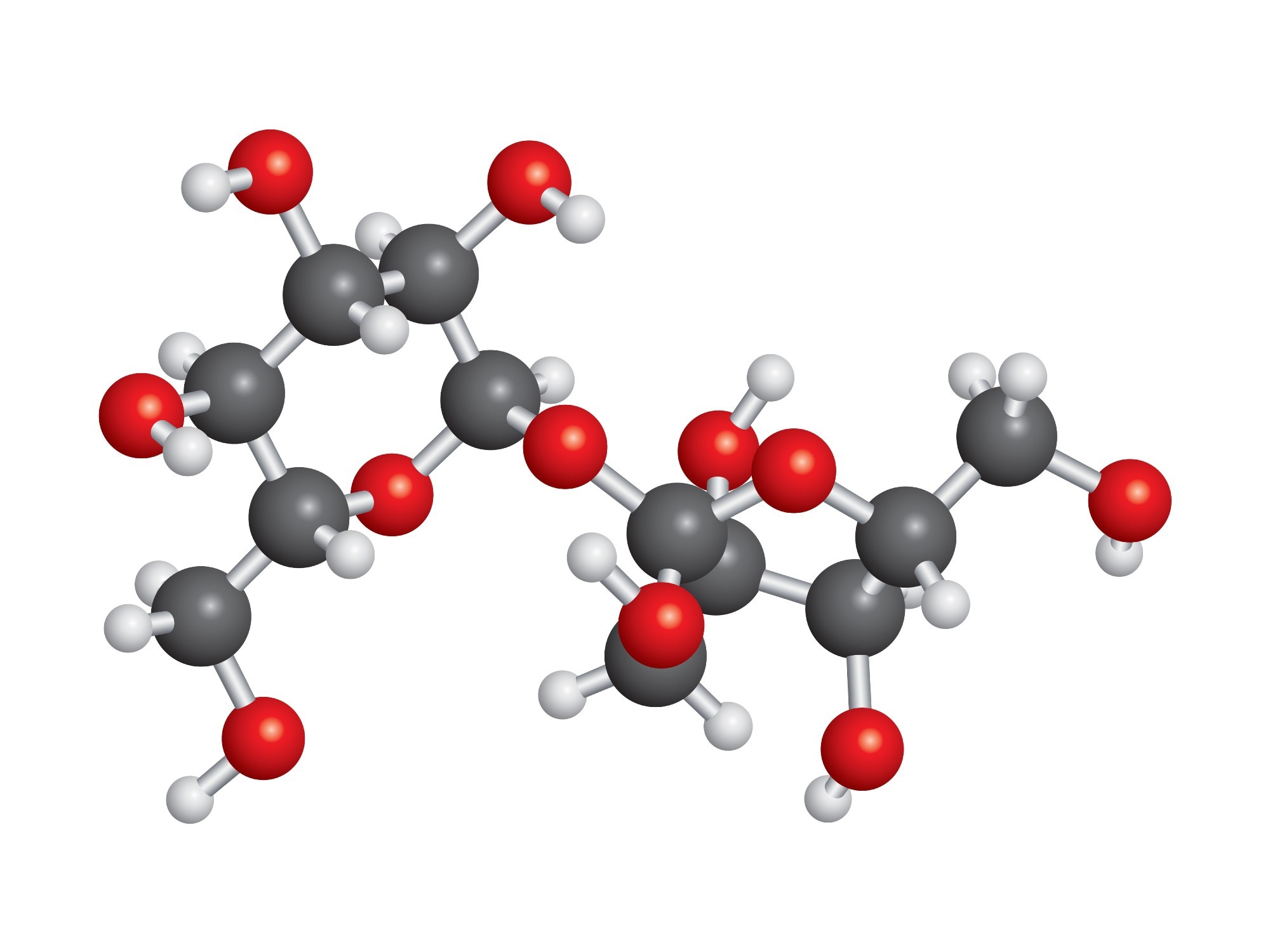Custom-made Polymers: Tailored Solutions for One-of-a-kind Applications
Custom-made Polymers: Tailored Solutions for One-of-a-kind Applications
Blog Article
Discovering the Varied Applications and Benefits of Polymers in Different Industries
Polymers, with their diverse series of buildings and functionalities, have ended up being essential in various markets, each enjoying distinct benefits from their application. Polymers. From enhancing safety and security and efficiency in the automobile industry to changing medical gadgets in the medical care market, polymers play a crucial duty. Their green nature is changing the landscape of sustainability methods. As we delve right into the midsts of polymers in electronic devices, we uncover cutting-edge innovations, while their structural honesty transforms the world of building and construction and framework. The prevalent impact of polymers across markets is a testament to their flexibility and adaptability, forming the future of plenty of sectors.
Automotive Sector Applications
Polymers play a pivotal function in improving the efficiency and durability of different components within the automobile industry. These functional materials are extensively utilized in the manufacturing of various components, ranging from interior components to under-the-hood applications. One popular usage of polymers in the automotive sector remains in the manufacturing of light-weight components. By changing standard metal parts with polymer-based choices, lorries can accomplish improved fuel performance without jeopardizing on strength or safety.

Medical Care Sector Advantages
In numerous healthcare applications, the advantages of utilizing polymers are widely acknowledged for their diverse array of useful buildings. Polymers play a critical duty in the health care industry as a result of their versatility, biocompatibility, and cost-effectiveness. One of the primary advantages of polymers in health care is their capability to be tailored to specific needs, such as flexibility, sturdiness, and biodegradability, making them excellent for a variety of clinical applications.
Polymer-based products are extensively made use of in medical tools, such as catheters, implants, prosthetics, and drug delivery systems, due to their biocompatibility and capability to simulate all-natural tissues. These materials can lower the danger of allergic responses or rejections, improving person security and results. In addition, polymers are lightweight, making them ideal for wearable clinical devices and making certain client comfort.
In addition, polymers allow the advancement of cutting-edge treatment methods, such as hydrogels for tissue design and nanocomposites for targeted drug delivery. Their convenience of processing and sanitation makes them necessary for maintaining high criteria of health in health care settings. In general, the varied advantages of polymers add substantially to improvements in medical innovation and patient care.
Ecological Benefits of Polymers

Furthermore, polymers can add to power financial savings due to their light-weight nature. In industries such as transport, lightweight polymer products can assist lower gas consumption and greenhouse gas exhausts. Furthermore, polymers can enable the growth of energy-efficient products such as insulation materials that enhance power conservation in structures.
In addition, polymers play an essential role in decreasing water contamination. For instance, the use of polymer-based purification systems can efficiently eliminate toxins and contaminants from wastewater, safeguarding water sources and ecosystems. Generally, the environmental advantages of polymers make them valuable possessions in advertising sustainability and eco-friendly techniques throughout various industries.
Polymers in Electronics and Modern Technology
Considering the enhancing demand site web for innovative and sustainable options in modern markets, the integration of advanced polymer innovations in the world of electronic devices and innovation has actually emerged as a pivotal strategy for driving effectiveness and go now efficiency. Polymers have transformed the electronics sector by allowing the production of lighter, much more adaptable, and durable electronic devices. From smartphones to medical tools, polymers play a critical role in boosting item design and performance.
One substantial benefit of polymers in electronic devices is their insulating residential properties, which help protect fragile electronic elements from environmental variables and electrical disturbance. In addition, polymers are necessary in the advancement of adaptable display screens, wearable modern technology, and published electronics, providing unlimited possibilities for creating wise and interconnected devices.
Additionally, making use of polymers in digital packaging has actually brought about improvements in miniaturization and thermal management, boosting the general efficiency and dependability of electronic systems. As technology continues to advance, the flexibility and adaptability of polymers will certainly drive additionally development in the electronic devices market, shaping the future of technology.
Duty of Polymers in Building and Infrastructure
The combination of advanced polymer products in building and construction and infrastructure jobs has changed the means structures are created and constructed in contemporary times. Polymers provide countless advantages in the construction industry due to their versatility, durability, and cost-effectiveness. One vital function of polymers in building and construction is their usage in coatings and sealers, offering defense against environmental factors such as dampness, UV radiation, and rust. In addition, polymers are utilized in the production of lightweight and high-strength composite materials, enhancing the architectural honesty of structures while reducing overall weight.
In addition, polymers play an important role in sustainable building methods by making it possible for the click here to find out more development of energy-efficient frameworks. Insulating materials made from polymers help manage interior temperatures, decreasing the requirement for heating and cooling systems and ultimately lowering power usage. The use of polymer-based composites in framework projects such as bridges and roads boosts their longevity and reduces upkeep expenses. On the whole, the incorporation of polymers in building and construction and facilities showcases their considerable influence on modern engineering practices.
Final Thought
Finally, polymers play a critical function in numerous markets such as vehicle, healthcare, environmental, electronics, and building and construction. Their flexible properties make them important in producing innovative solutions and items. From enhancing fuel performance in automobiles to enhancing medical tools, polymers offer numerous advantages. In addition, their influence on reducing waste and advertising sustainability highlights their importance in modern-day applications. The prevalent use of polymers shows their significant payment to advancing technology and improving top quality of life.
Report this page